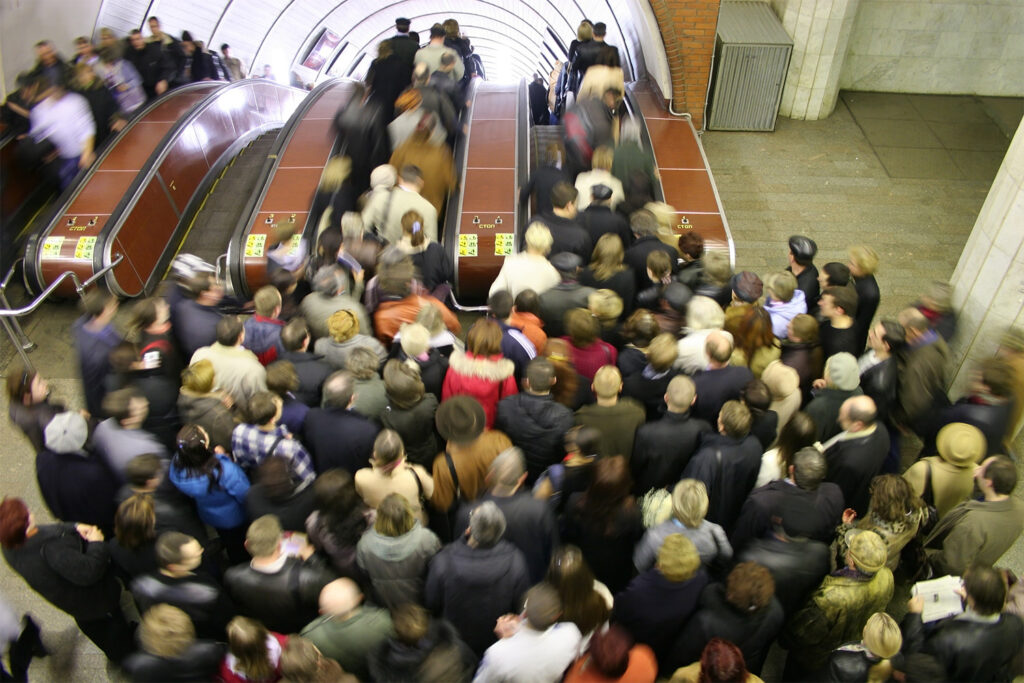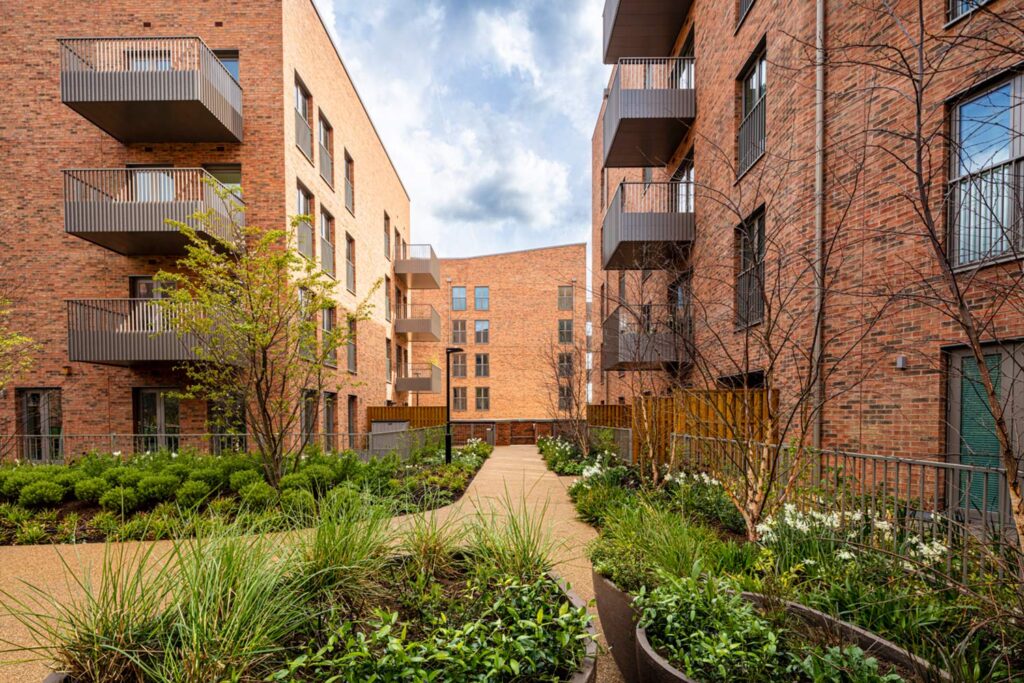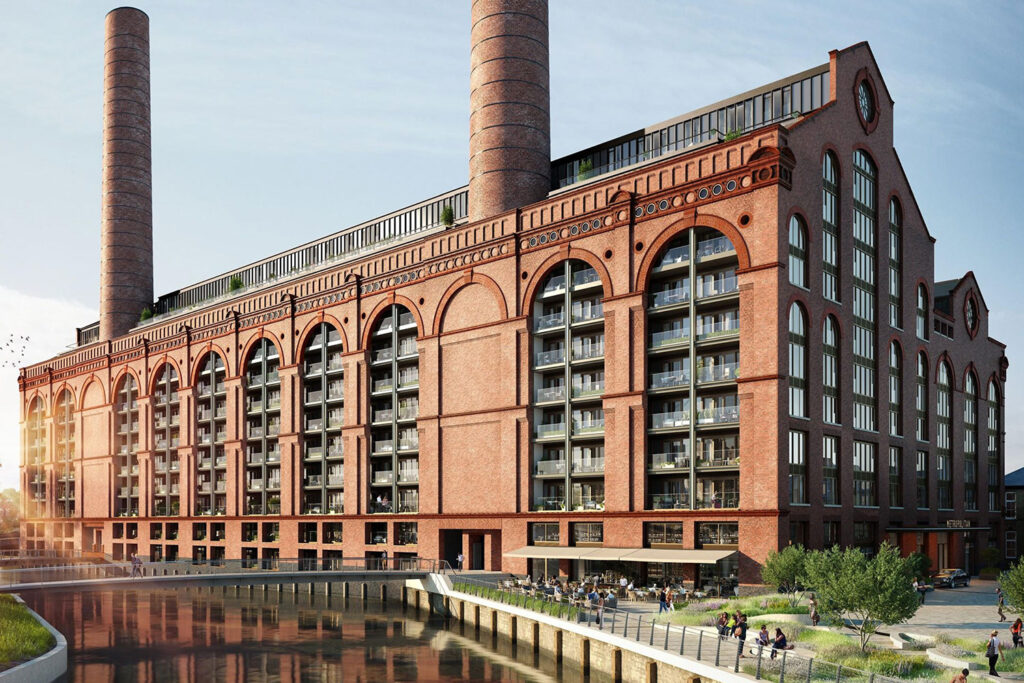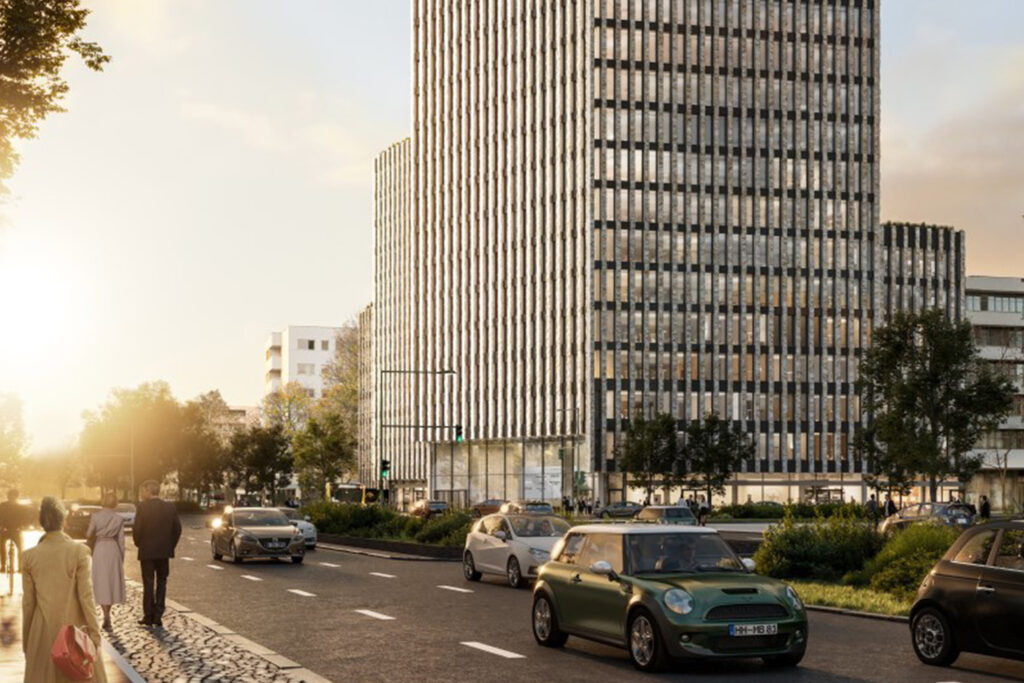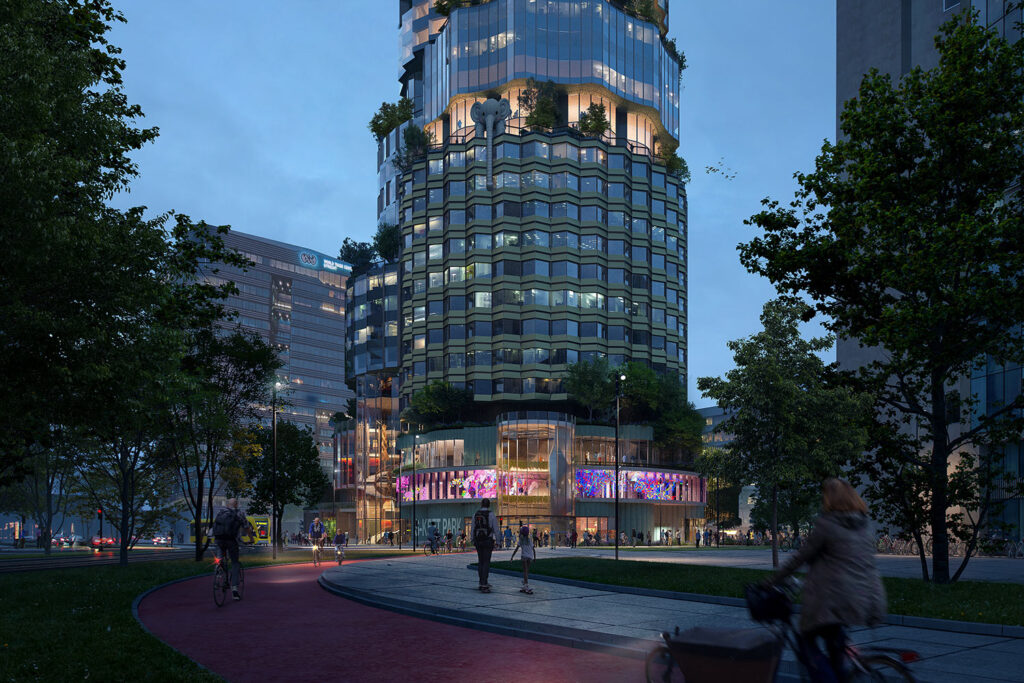Five key issues that will shape London in 2019
For many cultures, the start of a new year is a time for reflection on the past 12 months and for setting resolutions and making predictions for the year to come. In that spirit, the Cities group at Buro Happold has identified five hot topics for London in recent years.
So how did we do in 2018 – and what do we think are the five key issues for London in 2019?

Well, we were very concerned last year, as we had been the previous year, that Brexit would distract everyone. Specifically we said “Brexit induced inactivity has to be our number one hot topic for 2018 for London, as it is for all of the UK”. Sadly, how right we were. And, unfortunately, it is hard to see how 2019 is going to be any different.
Our second hot topic was air quality and, in particular, the ULEZ (the Ultra Low Emission Zone). Much to our surprise, the impending arrival of a Central area ULEZ in April 2019 has gone largely under the radar, as has the extension of the ULEZ out to the North and South Circulars in 2021. While the Central area ULEZ probably does not have much impact on the day-to-day lives of Londoners, the much wider extension in 2021 certainly will. Keep watching this space in 2019.
Much to our surprise, the impending arrival of a Central area ULEZ in April 2019 has gone largely under the radar
New Thames River crossings were our third hot topic in 2018, as they had been in previous years. However, as with previous years, our optimism now looks misplaced on that topic. We also sadly noted last year that “housing and employment won’t even make it into the ‘luke warm’ topic list”, and disappointingly we were proven right on that.
Topic four was autonomous and electric vehicles, and they are certainly a topic that continues to regularly crop up in the press. That said, they still feel as far-off as they did last year. We certainly believe that they are coming, and we do still think you will probably see them first in the UK in central London. However, the required changes in regulation, planning and behaviour are looking more challenging rather than less. Do not rip up your driving licence quite yet!
Finally, we were concerned last year that we could be heading for a ‘perfect storm’ of disconnected planning in West London with Heathrow Expansion, aspirations for redevelopment at Old Oak Common and Park Royal, the ongoing HS2 challenges around Old Oak Common and Euston, plus the impending opening of Crossrail. Sadly, rather than anticipating an imminent opening of Crossrail, as we write this article it now seems we are going to have to wait a while longer. Meanwhile those perfect storm clouds are still gathered out there over West London.
Indeed, perhaps the moral of the story is that a city like London does not evolve because of ‘hot topics’ and ‘grand projects’. Let us not forget that stocks were first traded in London in coffee shops, not grand public buildings. Are we already seeing the next phase of London’s future being sparked by the start-up businesses and pop-up events and restaurants across the City? Despite the apparent list of inactivity noted above, we believe there is a genuine and radical revolution happening in London, with the dawning of a new Millennial Digital city. We have chosen those two words carefully; it feels like there is a potent mix of behaviour and technology.
For example, not many people have realised that, despite ongoing growth in population and employment in London, use of the London Underground has been running flat since around the end of 2015. It is hard not to assume that, at least in part, this is a reflection of the fact that, while in 2014/15 43% of underground travellers had season tickets, the take-up has declined to just 30% by 2017/18. We also see similar trends in rail travel. It seems that we are no longer experiencing an economy based upon a 9 to 5 working day in an office – and the London is quietly leading the way. Take Canary Wharf as an example. The major new development in the bastion of mega office blocks, Wood Wharf, is described as a “residential led mixed use community”.
Recent Government research shows that around three million people are in the gig economy, with around a quarter of those based in London. The gig economy involves “…the exchange of labour for money between individuals or companies via digital platforms that actively facilitate matching between providers and customers, on a short-term and payment by task basis.” Most of this new employment does not align to the traditional requirements of the London employee market.
We are probably aware of how shopping habits are changing. Retail footfall in the UK has been falling month on month since January 2016, and there is no sign of this slowing. With still only about 18% of purchases (by value) made online at the moment, it feels like there is a long way to go on this – with the challenge to rethink our high streets and shopping centres.
We will need to rethink our high streets and shopping centres
All of this raises some major questions in relation to the current ‘grand projects’ being proposed for London. Is London evolving in a way that the current proposals for Crosrail2 still make sense? Will the HS2 station redevelopment at Euston really be funded by related / above platform commercial developments and is the decade and a half of disruption to simply going to drive commuters and local business elsewhere? Does the City really need any more tall towers? Should there be greater emphasis on hosting major social and sports events like the Men’s Euro 2020 and Women’s Euro 2021 competitions to celebrate our diverse and rich culture with the rest of the world?
In conclusion, perhaps our hot topic for 2019 should really be that we see the demise of ‘hot topics’ so we can all just focus on keeping London right up there as the most liveable, the most sustainable and the greatest city on the planet.

